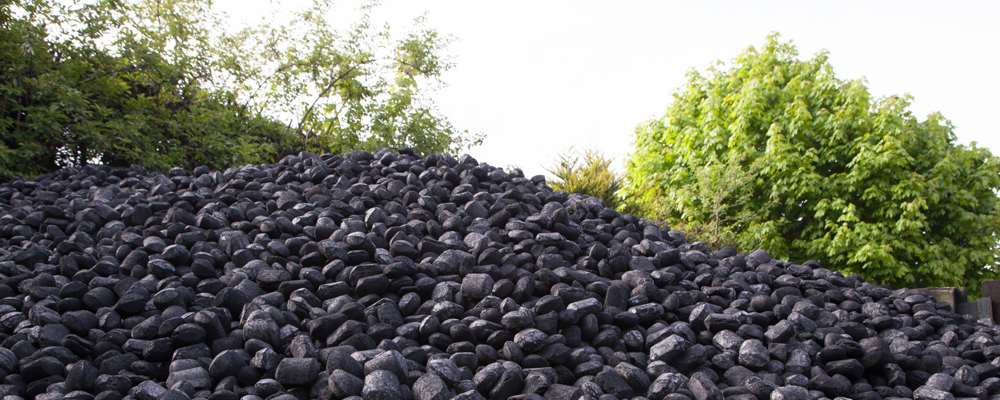What Are the Advantages of Coal?
Coal, with its ubiquitous supply, has been one of the most reliable and important sources of fuel across the UK for many years. Its use as a primary energy source has come under national and international debate in recent years, but while some call for coal to be left behind, coal still has a number of advantages — especially in a domestic setting.

In this article, we’re looking at both the advantages and disadvantages of coal, as well as its current use in the UK and what alternatives exist for both personal and public use.
Advantages of coal
Let’s start with the advantages of using coal. There are many reasons behind the longevity and popularity of coal as a power source, and why people still use it at home, including:
- Its abundant supply — coal has been extensively mined in the UK since the late 1700s, and we still have an abundant supply with no fears of us running out.
- It’s a reliable fuel — compared to solar power or wind energy, coal is a reliable, predictable and dependable fuel. While it may not be at the forefront of national energy production, it can provide in invaluable backup service, and a highly reliable fuel for house stoves.
- It’s easy to store — house coal is much simpler to store than firewood, for instance. It’s smaller, doesn’t require any seasoning or bulky outdoor construction to keep it safe and sheltered. A household can just keep buckets of coal by the fireplace, in an outhouse, or in a
compact coal storage unit.
- It’s effective — coal burns steadily, keeping a room heated for longer than firewood. Coal stoves will provide this steady heat without needing to be resupplied multiple times a day, so it’s much more maintenance-free.
- There are smokeless alternatives — you might be put off by coal’s environmental impact, or you can’t burn coal because you’re in a smoke control area. Fortunately, smokeless coal alternatives exist to provide fantastic heating performance in a much cleaner fashion. Alternatives include manufactured smokeless coals and natural anthracite.
Disadvantages of coal
There are downsides to using house coal as a home energy source. These include:
- It produces a lot of soot — regularly burning coal will leave a significant amount of soot behind. You’ll need to keep up with cleaning and emptying the deposits to make sure your appliance remains clean and can perform properly in the future.
- Its environmental impact — burning traditional house coal produces high levels of carbon dioxide per British thermal unit (Btu). By relying on a fossil fuel such as this, we have a negative impact on the environment. However, as mentioned, there are numerous cleaner alternatives available, such as anthracite.
- Air pollution — air quality in cities is already poor across the UK, and the use of coal — which generates a lot of smoke when burned — doesn’t help. Smoke control areas help to limit this, but burning coal in any urban environment is only adding to the problem. Smokeless solid fuels are the best way to avoid this while maintaining the look, feel and function of a solid fuel burner.
- Can be dangerous if not properly used — more a disadvantage of poor planning, internal combustion of coal can lead to exposure of dangerous emissions if your appliance is not properly ventilated. Make sure that you have your chimney cleaned regularly, and your stove/appliance maintained as often as you can.
Whether you choose to burn coal or smokeless alternatives, it’s essential that you choose a reputable supplier to ensure that the coal you buy is as high quality and reliable as possible.
At KG Smith & Son, we provide nationwide delivery of house coal, anthracite, smokeless coal and more. With next day and emergency delivery available, you can rely on us to keep your coal and solid fuel supplies topped up no matter what. To find out more about our wide range of coal and smokeless alternatives, simply contact us today.

 Quick Contact Form
Quick Contact Form